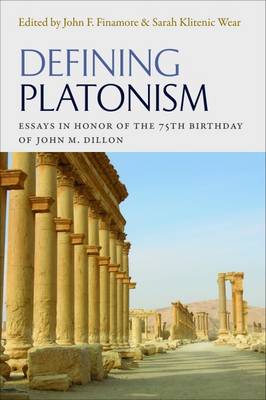This collection of essays surveys a wide range of methods of Platonic interpretation, ranging from the dialogues themselves, to Middle and Neoplatonic interpretations of Plato's writings, to modern uses of Platonism. As a philosophical movement, Platonism is broadly conceived, covering schools and philosophers beginning with Plato and his immediate followers and extending through contemporary philosophers. The history of Platonism begins, of course, with Plato himself. But his adoption of the dialogue style and his active engagement with students in his Academy, where he certainly used dialectic techniques, led almost immediately to questioning what Plato's doctrines actually were. His student Aristotle raised questions of interpretations and invoked esoteric teachings not present in the written works. The earliest heads of the Academy struggled with Plato's texts as well, creating rival interpretations. These early discussions gave rise to later ones, and Platonism became simultaneously a dogmatic philosophy and a source of sometimes-heated debate of what the master intended. From its inception, Platonism was a dynamic philosophy, open to varied interpretations on different fronts while also maintaining a common core of beliefs. Platonism gave rise to methods of interpretation that centered on historical, ethical, political, or metaphysical questions engendered by Plato's writings. The ancient commentators reflected the teachings of their predecessors, and with only a few schools in the Greco-Roman world, many of their students studying under the same teachers, meant a heightened continuity in the tradition of interpretation. This volume honors the seventy-fifth birthday of John Dillon, the great scholar of Platonism whose scholarship had a pivotal role in defining Platonism as a philosophical movement in contemporary academia.
- ISBN13 9780996930536
- Publish Date 2 May 2017
- Publish Status Active
- Publish Country US
- Imprint Franciscan Academic Press
- Format Hardcover
- Pages 277
- Language English
